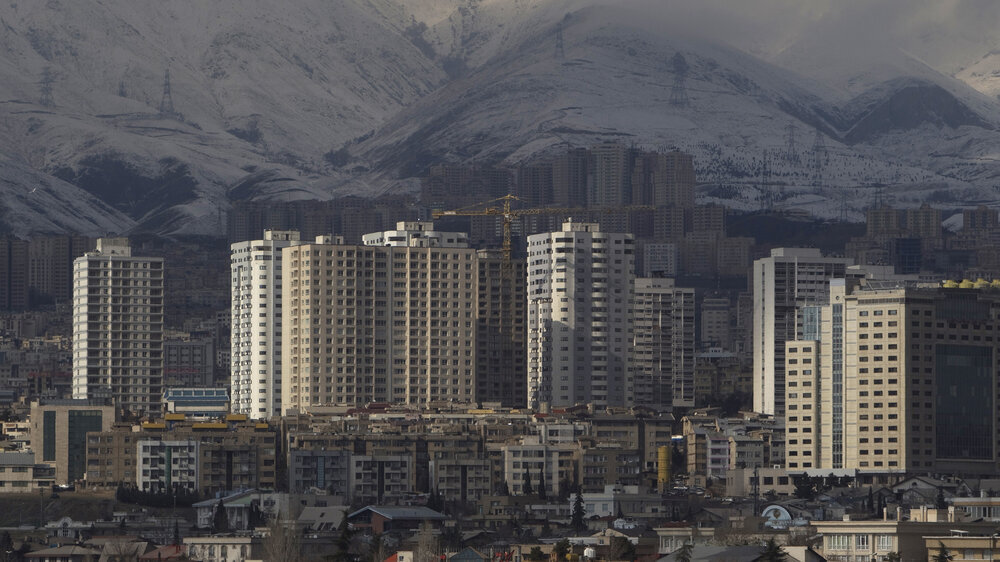Monthly housing price up 8.2% year on year: SCI

TEHRAN- The Statistical Center of Iran (SCI) has announced that the housing price in the country has risen 8.2 percent during the past Iranian calendar month Dey (December 20, 2020 - January 19, 2021), as compared to the same month in the past year.
Also, as previously announced by the Central Bank of Iran (CBI), the housing price in Tehran city has risen 1.8 percent in Dey.
The CBI has put the average price for one square meter of a residential unit at 273.9 million rials (about $6,521) in the capital city in the tenth month of this year, up 98.3 percent from the figure for the same month in the past year.
Back in last December, the deputy managing director of Iran Mercantile Exchange (IME) for economic studies had said that the exchange plans to presell housing units through standard salaf bonds in near future.
“We will soon see the issuance of standard housing salaf bonds in the capital market to help financing in the housing sector and construction of new housing units in the country,” Javad Fallah said.
A standard parallel salaf is an Islamic contract similar to futures, with the difference being that the contract’s total price is paid in advance.
According to the official, IME is following two major approaches for implementing the mentioned plan, one is offering bonds related to the already existing housing units like assets owned by the government and state banks and the other is preselling the units that are going to be constructed in the future.
Outlining the procedure, the official said the total value of a housing unit or a construction project will be securitized and converted into marketable bonds which will be offered through salaf contracts.
The official further explained that each salaf bond would be backed by one square meter of a housing unit, which means each bond would be offered at the price of one square meter of a particular housing unit at the time of offer.
Fallah underlined the implementation of this method as a way to develop reliable investment in the housing sector and added: "In this way, micro-capitals will lead to the increase of construction and supply of housing units and will consequently curb the rampant rise in housing prices.”
Back in last July, the High Council of Securities and Exchange announced the approval of a decision for establishing a specialized exchange for real estate trade in the country.
It will be the fifth exchange operating in the country after the Tehran Stock Exchange, the junior equity market Iran Fara Bourse, Iran Energy Exchange, and the IME.
MA/MA
Leave a Comment